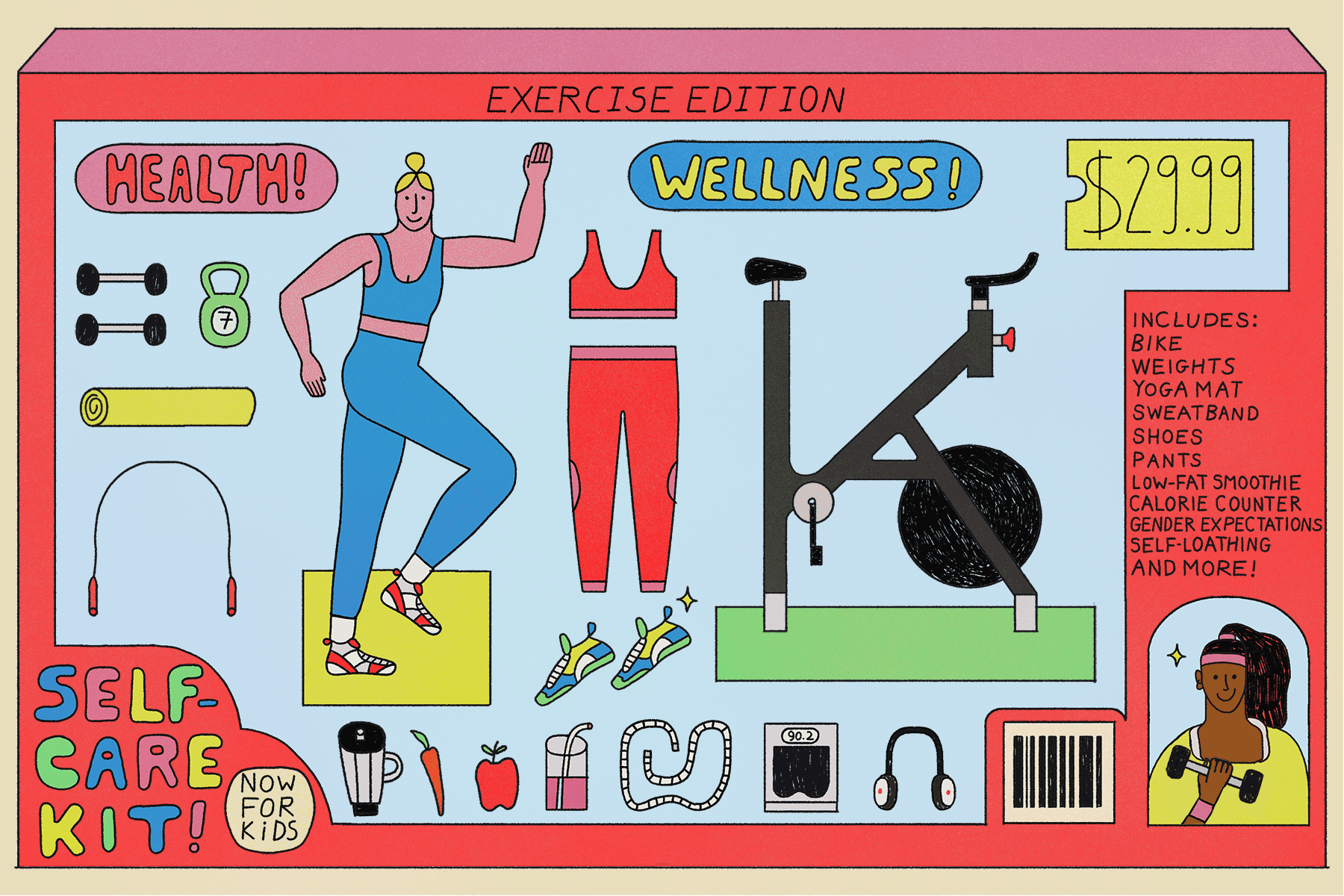Fighting Kid Germs With . . . Germs
Some parents wage an all-out war against dirt and germs. They wipe down the kitchen counter with an antibacterial sponge, scrub the bathtub with an antibacterial cleanser, stock every sink with antibacterial soap and carry antibacterial hand gel in a handbag or glove compartment.
Keeping kids clean seems a smart strategy, especially in a world where flesh-eating, fever-causing, rash-raising, antibiotic-resistant germs run rampant. But in the March issue of Redbook, senior editor Stephanie Young questions whether we go too far.
Some experts attribute the rising rates in certain immune-system diseases to our widening separation from germs and dirt. Childhood allergies, immune-related skin diseases such as eczema, and even insulin-dependent diabetes are all on the upswing.
“Environmental factors, such as air pollution, don’t fully explain these disease rates,” says Graham Rook, an immunologist at University College in London. “More and more studies point to lifestyle factors.”
He cites a study by London epidemiologist David Stachan, who found that children from large families, especially those with lots of older brothers, were less likely to develop asthma, hay fever or childhood eczema (very dry skin). Presumably this is because their immune systems were exposed to more bugs.
Professor Jean Goldberg of the Institute of Child Health in Bristol, England, studied 14,000 British schoolchildren. The findings? That the more often children washed their hands and faces, the more likely they were to develop allergies.
In his own research, Rook found that contact with bacteria, including mycobacteria that live in dirt, may help determine how well our immune systems function.
Rook says babies are born with “naive” immune systems, with cells that have yet to mature into the two main types--Th1 and Th2. Each type responds in different ways to foreign invaders. Allergy-prone people have more Th2 cells; those without allergies have more Th1 cells.
Rook believes this ratio depends on how many bacteria and viruses the immature immune system encounters. Remove bacteria and viruses from the environment, he says, and the immune system seems to make more allergy-inducing Th2 cells.
“We can’t go back to living in houses with dirt floors, but if we don’t meet enough bacteria in everyday life, we may have to find a way to put them back into the system,” he says.
Another example of how being too clean can affect a child’s health: a daily shampoo in the belief it will keep a child’s tresses lice-free.
“This infestation is not due to dirty hair,” says Dr. Anthony J. Mancini, assistant professor of pediatrics and dermatology at Northwestern University Medical School in Chicago. “In fact, lice seem to prefer clean hair.”
And overwashed skin can become dry and cracked, giving other pathogens a foothold.
Microbes are ubiquitous. They’re on our skin, in our bed linens, even in our bathtubs, notes Dr. Stanford Shulman, chief of infectious diseases at Children’s Memorial Hospital in Chicago.
Rather than using stronger or more potent antibacterial soaps, Redbook reports, a child is better protected by preserving the so-called good bacteria and microbes that already exist on the skin.
“There’s good evidence,” Shulman says, “that the natural flora on the skin provide protection.”






